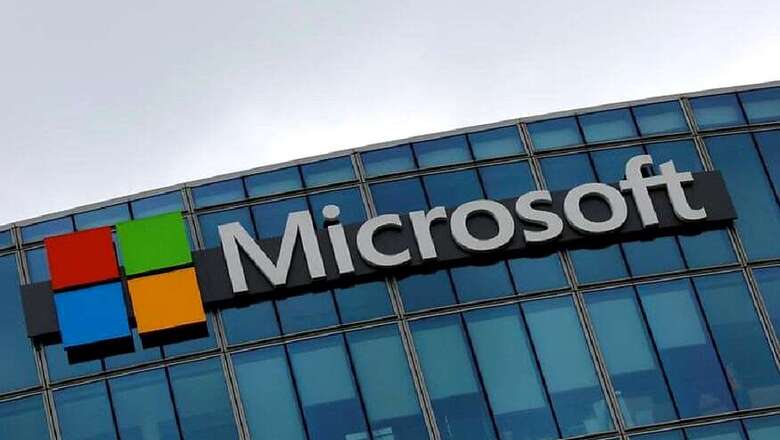
views
Microsoft is planning to start storing its data on strands of DNA within the next few years, the company's computer architects have revealed.
Microsoft expects to have an operational storage system using DNA within a data center by the end of the decade, according to a report in MIT Technology Review.
Currently, one of the best and cheapest ways to store a lot of information in a small space is a magnetic tape which is rugged enough to hold information for up to 30 years.Also read: US May Ban Laptops on All Flights to or From The Country
But as the data generation has reached an exploding stage, even magnetic tapes seem to be of little use.
Therefore, Microsoft computer architects are considering a biological material such as DNA to be an odd choice for backing up large amounts of digital information, ScienceAlert reported on Saturday.
Its ability to pack enormous amounts of data in a tiny space has been clear for more than 70 years.
"While strings of nucleic acid have been used to cram information into living cells for billions of years, its role in IT data storage was demonstrated for the first time just five years ago, when a Harvard University geneticist encoded his book -- including jpg data for illustrations -- in just under 55,000 strands of DNA," the report said.
With the evolving technologies, scientists have been able to record 215 petabytes (215 million gigabytes) of information on a single gram of DNA.Also read: Samsung to Increase Memory Chip Production at China Plant
But scientists face a challenge in recording data in the form of a nucleic acid sequence.
The tech giant demonstrated its DNA data storage technology last year by encoding roughly 200 megabytes of data in the form of 100 literary classics in DNA's four bases in a single process.
"This process would have cost around $800,000 using materials on the open market, meaning it would need to be thousands of times cheaper to make it a competitive option," the report stated.
But the speed of data stored on DNA strands was as slow as 400 bytes per second. It poses as another challenge for the company to get around 100 megabytes per second to be feasible.
According to the ScienceAlert report, new technologies have been seeing the cost of gene sequencing drop in recent years, which hints that Microsoft's end of the decade target may be realistic.Also read: UK to Pressurise Internet Firms to Better Filter Extremist Content
















Comments
0 comment